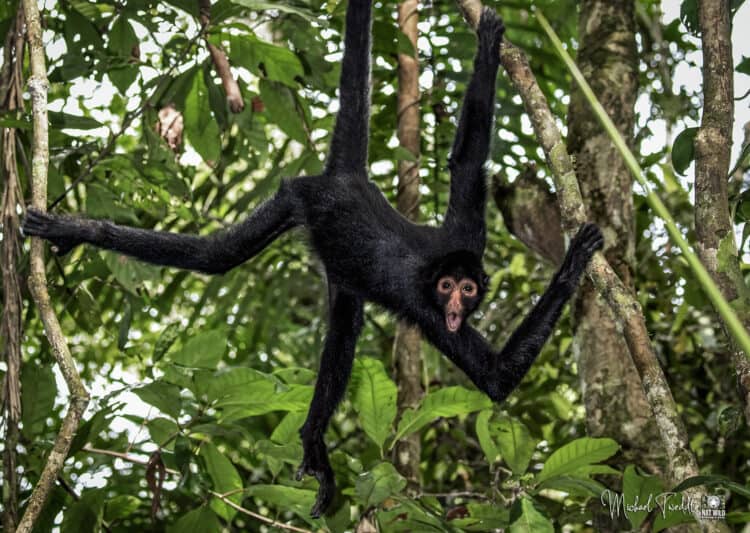The detrimental effects of palm oil plantations on wildlife have been brought to light by a decade-long study conducted by researchers from Universiti Sains Malaysia (USM), the German Centre for Integrative Biodiversity Research (iDiv), Leipzig University (UL), and the Max Planck Institute for Evolutionary Anthropology (MPI EVA).
The study reveals that southern pig-tailed macaques, native to peninsular Malaysia, are experiencing alarming rates of infant mortality due to exposure to palm oil plantations.
Palm oil, a versatile and widely used commodity, is found in various consumer products such as food, cosmetics, detergents, and biofuel. Over half of all packaged products consumed by Americans contain palm oil, according to the World Wildlife Fund (WWF). However, the global demand for palm oil has led to the expansion of plantations, causing extensive habitat degradation and impacting native wildlife.
The study focused on two groups of southern pig-tailed macaques living in a rainforest habitat intertwined with palm plantations. Shockingly, researchers discovered that 57 percent of macaque infants born between 2014 and 2023 died before reaching one year of age. This mortality rate is significantly higher than that observed in other wild primate populations.
One major factor contributing to the distressing mortality rate is the use of harmful agricultural chemicals and pesticides in palm oil plantations. Researchers found that baby monkeys with higher exposure to these chemicals were three times more likely to die prematurely. The long-term effects of these substances on mammalian wildlife, particularly monkeys’ development, remain poorly understood.
The implications of the study extend beyond southern pig-tailed macaques. Dr. Anna Holzner, the lead author, suggests that other wildlife species with similar lifestyles may face similar impacts. The destruction of tropical forests for palm oil plantations poses a threat to virtually every species relying on these habitats for food and shelter, including humans.
The findings emphasize the urgent need to address the threats posed by palm oil plantations to wildlife. Researchers call for an analysis of the specific chemicals used in these plantations and their effects on various species. Senior author Anja Widdig stresses the importance of implementing environmentally friendly cultivation practices to minimize risks to both wildlife populations and nearby human communities.
This article by Trinity Sparke was first published by One Green Planet on 14 January 2024. Image Credit :Katesalin Pagkaihang/Shutterstock.
What you can do
Help to save wildlife by donating as little as $1 – It only takes a minute.





Leave a Reply